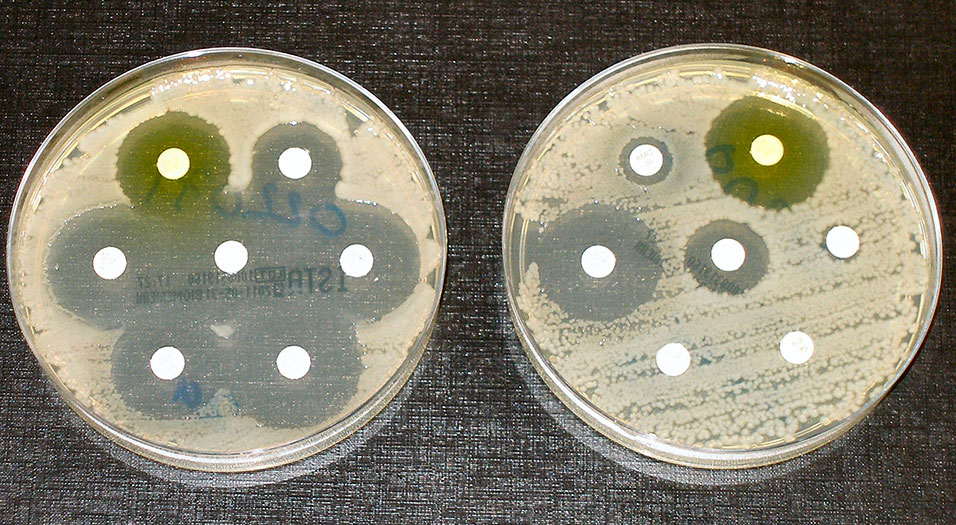WASHINGTON, DC (AFP).- Newly vaccinated travelers enjoying a return to trips abroad may find a drug-resistant "superbug" hitching a ride in their gut, a study in Genome Medicine says.
US and Dutch researchers studying the effects of travel on the bacteria in our stomachs were unnerved to find that a third of their subjects who traveled to Southeast Asia carried a bacterial gene resistant to "last resort" antibiotics for infections such as pneumonia and meningitis.
"These findings provide strong support that international travel risks spreading antimicrobial resistance globally," said Alaric D'Souza, a researcher studying microbial genomics and ecology at the Washington University School of Medicine in St Louis who co-authored the study published this week.
The team, which studied the feces of 190 Dutch travelers before and after travel to parts of Africa and Asia, found international travelers to be "reservoirs and spreaders" of drug-resistant superbugs.
When the travelers returned home, their fecal test kits revealed a "significant amount" of antimicrobial resistant, or AMR, genes that do not respond to commonly used antibiotics.
The genes of these drug-resistant "superbugs" usually develop naturally over millennia when exposed to antibiotics produced by other bacteria in their environment.
But the overuse of antibiotics by humans for medical and agricultural purposes is accelerating this process.
The study warns this trend threatens 70 years of progress in treating infectious diseases caused by bacteria.
Researchers found the resistant genes were "destination-specific," with certain types localized to specific regions.
They expressed the most concern about travelers in their study who returned from Southeast Asia with the mcr-1 gene, which resists colistin, an antibiotic used when other drug therapies fail.
"It is vital that we address AMR in lower income countries with high resistance rates and low public health funds," D'Souza said.
"This global approach may not only help the respective countries, but it could also benefit others by reducing the international spread of resistance genes."
The authors concluded that understanding how these genes spread can help international public health interventions, particularly in low- and middle-income countries.
© Agence France-Presse










